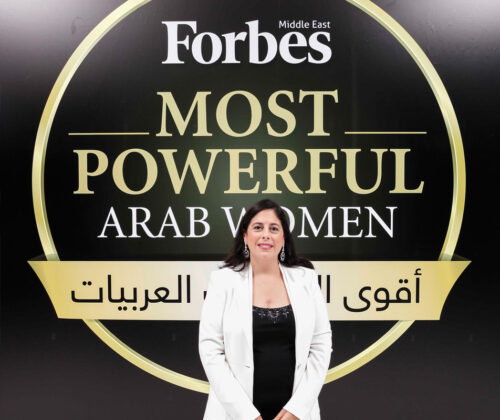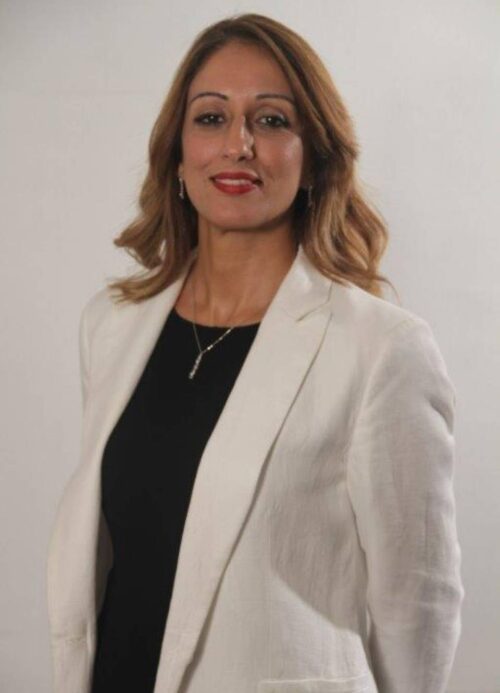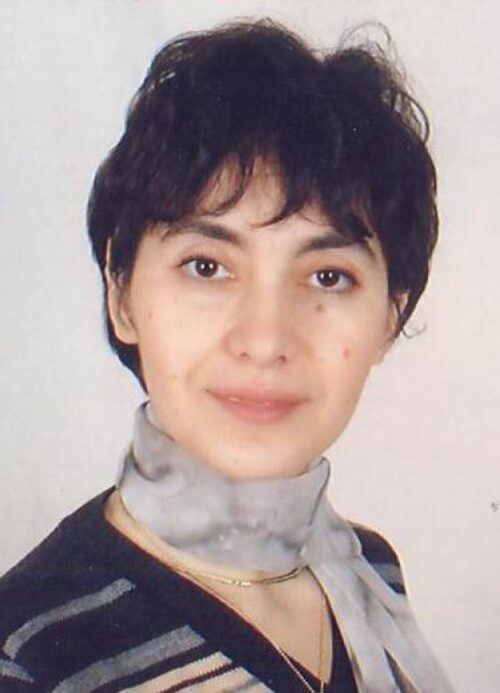In 2017, the Egypt Women on Boards Observatory (WoB) was established by a consortium led by the American University in Cairo’s (AUC) School of Business with the purpose of increasing women’s representation on corporate boards across many sectors.
In the years since, the WoB has partnered with many key bodies including UN Women and the Financial Regulatory Authority (FRA) in its efforts to achieve this goal, working closely with the government’s Egypt 2030 Vision, which aims to have 30 percent of corporate boards in several key sectors be comprised of women by 2030.
More recently, the WoB has stepped up its efforts to have a regional reach. However, the Egypt-based observatory has not been the only initiative of its kind in the Middle East and North Africa (MENA). There have been efforts across the region to boost gender diversity in corporate leadership and executive positions.
Lebanon

Photo: standforwomen.org
Based in the Lebanese capital, Beirut, is Stand For Women (SFW), an organization which works to boost gender diversity in the workplace in both Lebanon and the wider region, as well as advocating for women’s economic empowerment.
Founded in 2017 by Caroline Fattal, a Lebanese businesswoman, SFW started as an awareness campaign on social media. “Then we created a leadership program called the Women in Leadership program with the [Ecole superieure des affairs] business school,” Fattal tells Business Forward.
“We made [other] similar programs to help women leaders go up the corporate ladder and shatter the glass ceiling.”
Fattal is also a member of the Lebanese League for Women in Business (LLWB), a sister non-government organization (NGO) to SFW, which makes private sector companies sign a pledge to commit them to boosting the number of women on their boards to 30 percent by 2030.
“Women have a very important voice at the table and their presence increases returns for companies, and also they have [significant] decision making in purchases so it’s very important that companies have their voices heard.”
Tunisia

Photo: womeninbusiness-mena.com
Spearheading efforts in Tunisia is Nedra Razgallah, a senior consultant in strategy, human resources and diversity who specialises in women’s representation on boards and a member of the National Chamber of Female Entrepreneurs in Tunisia (CNFCE).
Regarding gender diversity, Razgallah says that “for the CNFCE, this is really one of the most important topics that we are dealing in” and they also have multiple partnerships with other NGOs in Tunisia.
With financing from the Enhancing Business Support Organisations and Business Networks in the Southern Neighbourhood (EBSOMED), a project co-financed by the European Union (EU), they launched a survey to collect data on several axes pertaining to different gender parity indicators.
One of the key aims of the survey is to create baseline data which Razgallah says “will be a point to start our action plan,” in order to establish where deficiencies exist and to monitor and assess progress over time, as currently, most of this data is missing or lacking. The data is intended to be updated on an annual basis.
Razgallah is responsible for the women on boards axis. “It is very important to have data,” she says. “Because we are missing data when we want to speak about women on boards. In Tunisia, the feedback that we get even at national and political levels is that women have all the rights so [they] don’t see it as a problem.
“So, we want to prove that perhaps there are things that have been done as structures or laws […] but this is not reflected in the reality. In reality, we are missing women at decision making positions.”
Algeria

Photo: womeninbusiness-mena.com
Savoir Et Vouloir Entreprendere (SEVE), which roughly translates to “Wanting to Know and Entrepreneurship”, was founded in 1993 when the Algerian economy was just beginning to pursue free market policies. Since, the NGO has helped many Algerian women to set up their own enterprises, as well as extensively working to train and support women to join the job market.
On top of that, one the most important things SEVE do is highlight their women-led enterprise success stories through the media, Nora Bouzida says, who is a member of the NGO’s board. This is meant to give visibility to both women who run their own businesses and are top-level managers, while also providing for them a platform to speak about their projects and enterprises.
“There is another aspect which we are doing which is to be the interface with public authorities,” Bouzida says. “We are meeting the government at the highest level […] and we are always giving our proposals from our point of view as women entrepreneurs.”
Bouzida revealed that through their advocacy work, they hope to boost the number of women on the boards of public enterprises in the near future, which she says are dominated by men.
“In our political laws, since 2007, the parliament with its two chambers are obliged to have 30 percent of their members and candidates [be] women,” she says. SEVE hope to pressure the government to expand these laws to both private and public sector company boards.
Chahrazed Saadi, project developer and head of communications at SEVE, says they are working on a proposal to submit to the Algerian parliament to consider making it into law.
Bouzida adds “we are not after only having the quantity. We want also the quality. Even if we only get 10 percent, if it is quality representation, this will be a really great motivation and example for young ladies for the future to make society go forward.”
What all these local initiatives have in common is prioritising the building of a database of women professionals who already have board experience or who are qualified and ready to serve on corporate boards.
Fattal, Razgallah and Bouzida all say that one of the most recurring obstacles to women getting into executive leadership is companies and employers claiming they cannot find qualified candidates. These databases remove the excuses and provide women professionals with exposure and visibility so as to facilitate recruiters to not only boost their gender diversity, but also ensure they employ quality candidates.









